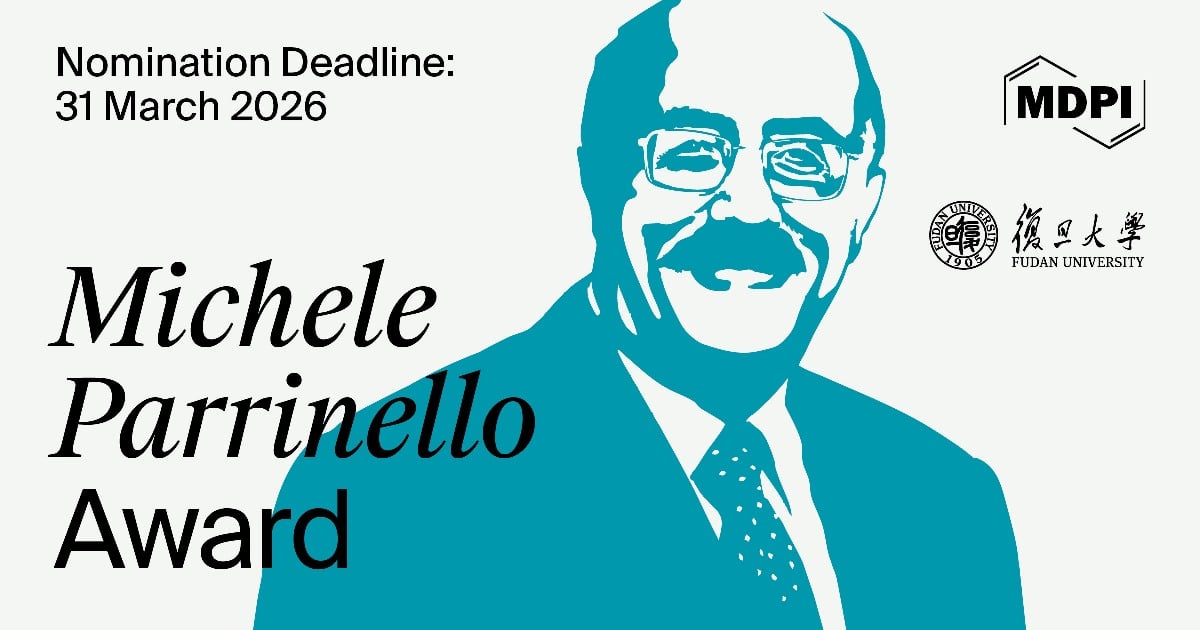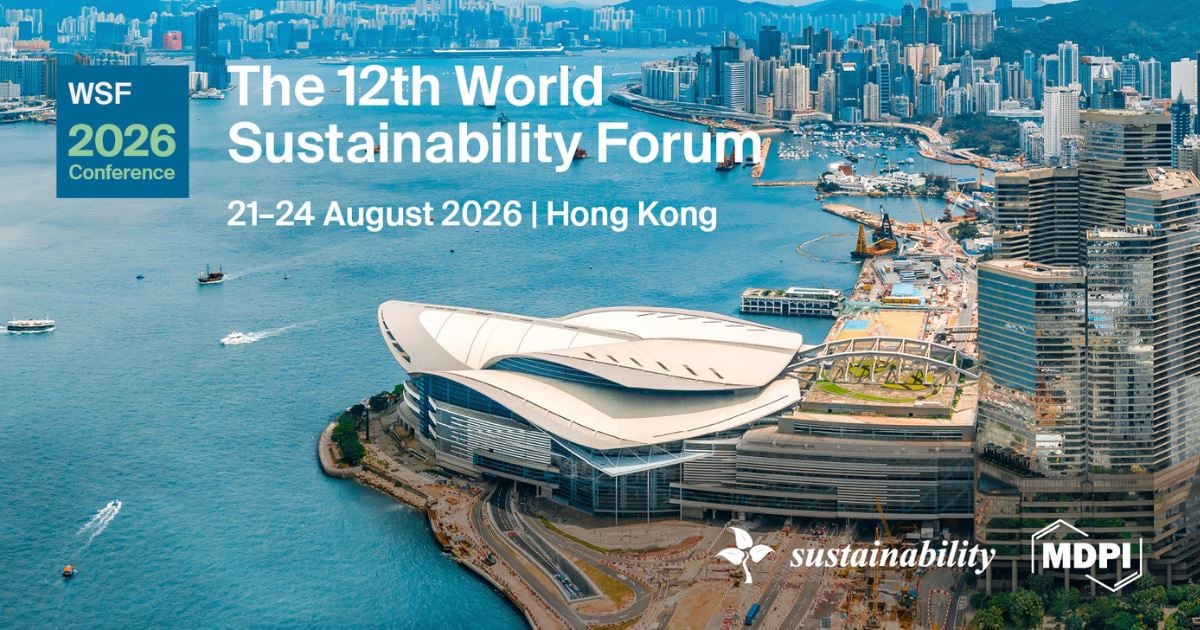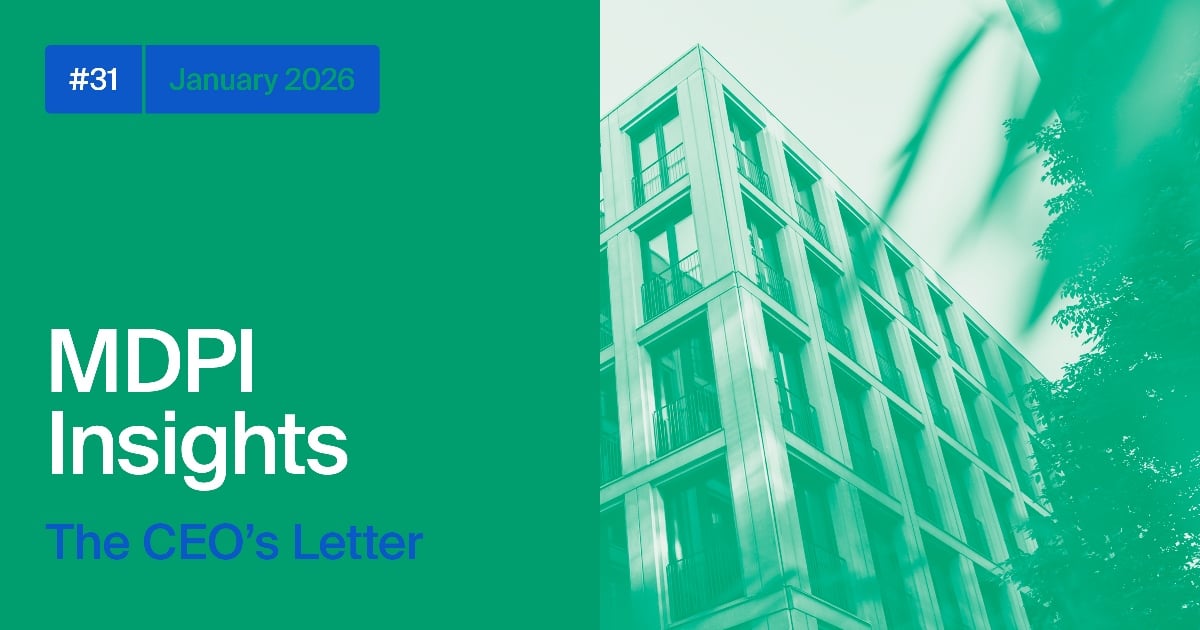-
 Experiential Marketing Through Service Quality Antecedents: Customer Experience as a Driver of Satisfaction and Revisit Intentions in South African Restaurants
Experiential Marketing Through Service Quality Antecedents: Customer Experience as a Driver of Satisfaction and Revisit Intentions in South African Restaurants -
 When Values Matter More than Behavior: Behavioral Integrity in Air Travel and Climate Policy Support
When Values Matter More than Behavior: Behavioral Integrity in Air Travel and Climate Policy Support -
 Applying the SOR Framework to Food Truck Dining: Consumption Needs, Perceptions, and Behavioral Intentions
Applying the SOR Framework to Food Truck Dining: Consumption Needs, Perceptions, and Behavioral Intentions -
 Trust, Try, Buy, and Belong: How Does AI Create a Loyalty Loop in Hotels?
Trust, Try, Buy, and Belong: How Does AI Create a Loyalty Loop in Hotels? -
 Memorable Dark Tourism Experiences: Cross-Cultural Analysis of Czech Republic and India
Memorable Dark Tourism Experiences: Cross-Cultural Analysis of Czech Republic and India
Journal Description
Tourism and Hospitality
- Open Access— free for readers, with article processing charges (APC) paid by authors or their institutions.
- High Visibility: indexed within Scopus, EBSCO, and other databases.
- Rapid Publication: manuscripts are peer-reviewed and a first decision is provided to authors approximately 18.7 days after submission; acceptance to publication is undertaken in 5.7 days (median values for papers published in this journal in the second half of 2025).
- Journal Rank: CiteScore - Q1 (Social Sciences (miscellaneous))
- Recognition of Reviewers: APC discount vouchers, optional signed peer review, and reviewer names published annually in the journal.
Latest Articles
E-Mail Alert
News
Topics
Deadline: 30 May 2026
Deadline: 15 July 2026
Deadline: 31 December 2026
Conferences
Special Issues
Deadline: 28 February 2026
Deadline: 28 February 2026
Deadline: 15 March 2026
Deadline: 30 April 2026


























